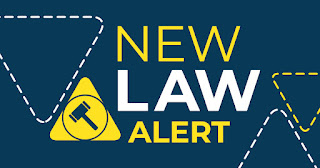Whistleblowers are not blocked from NDAs.
The Consumer Financial Protection Bureau (CFPB) released Consumer Financial Protection Circular 2024-04, which warns that NDAs may violate whistleblower laws if they do not have appropriate carve-outs.
A
provision of the Consumer Financial Protection Act (CFPA) safeguards
whistleblowers from retaliation by financial firms for reporting financial misconduct
that violates the CFPA.
The CFPB’s circular noted that companies may impose NDAs on employees for permissible reasons (such as the protection of sensitive trade secrets), but they need to explicitly afford employees the freedom to communicate or cooperate with law enforcement regarding internal misconduct could disincentive whistleblowing and violate federal whistleblower laws such as the CFPA.
To read the whole circular, click here.
To contact an attorney today


